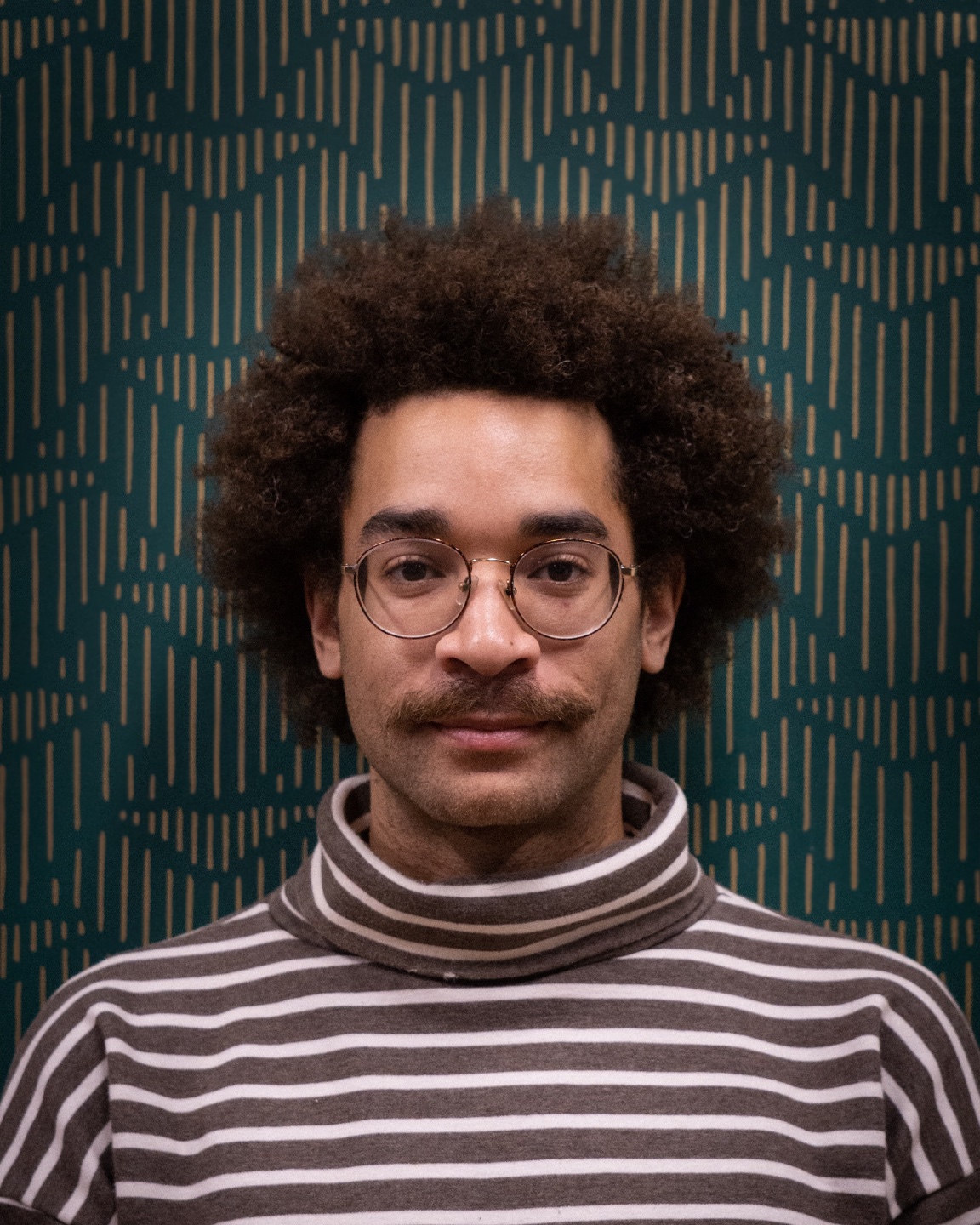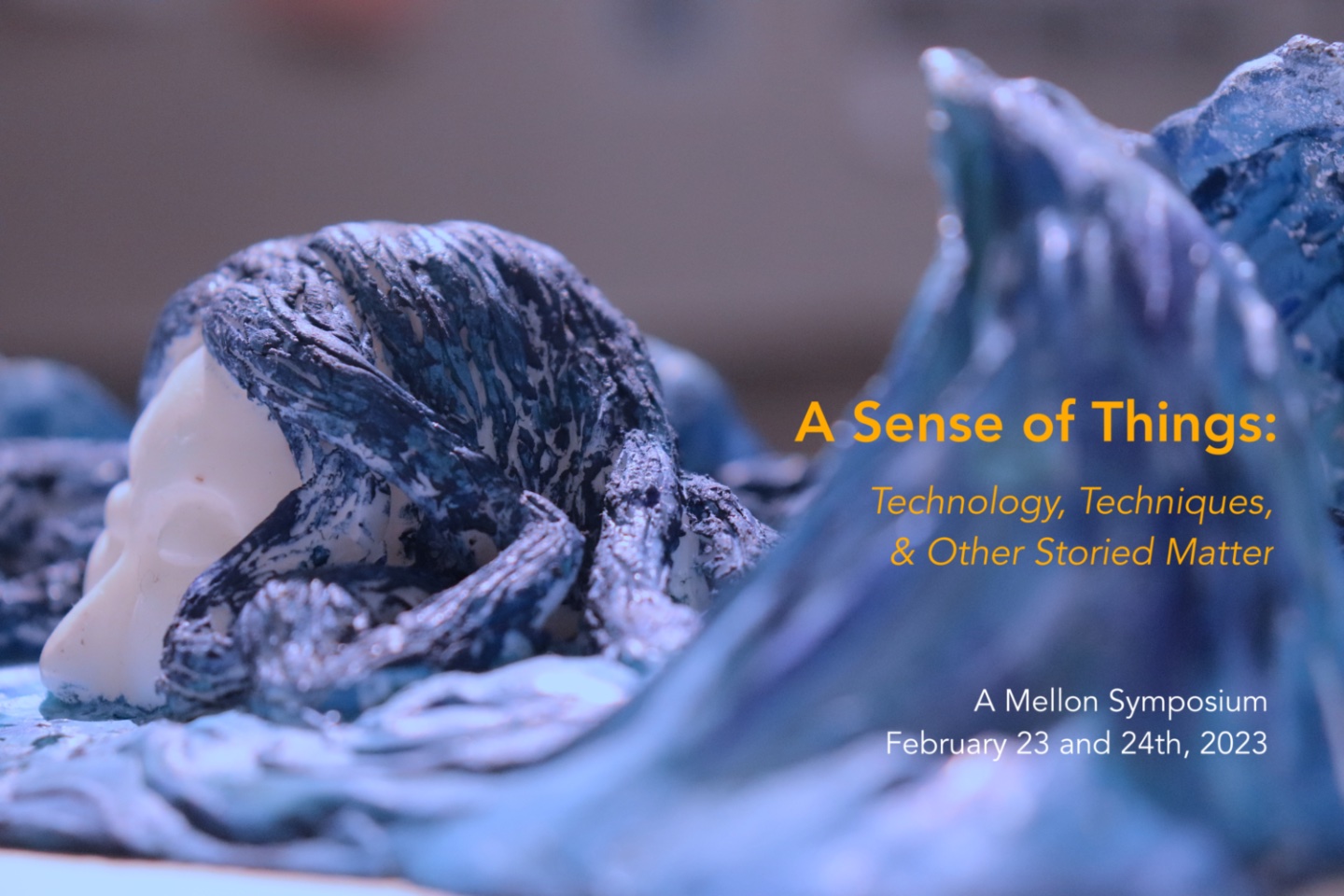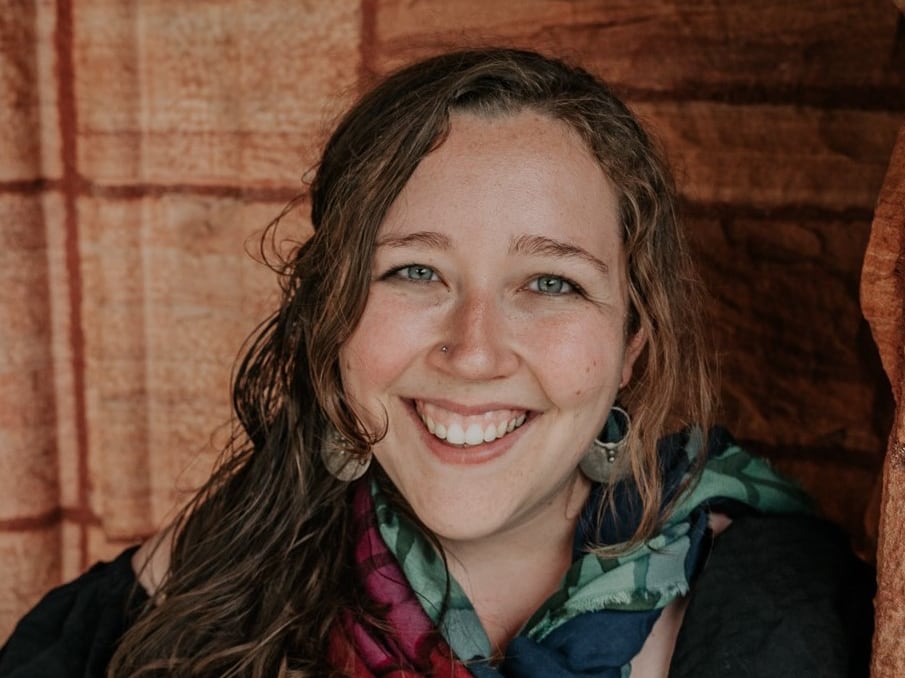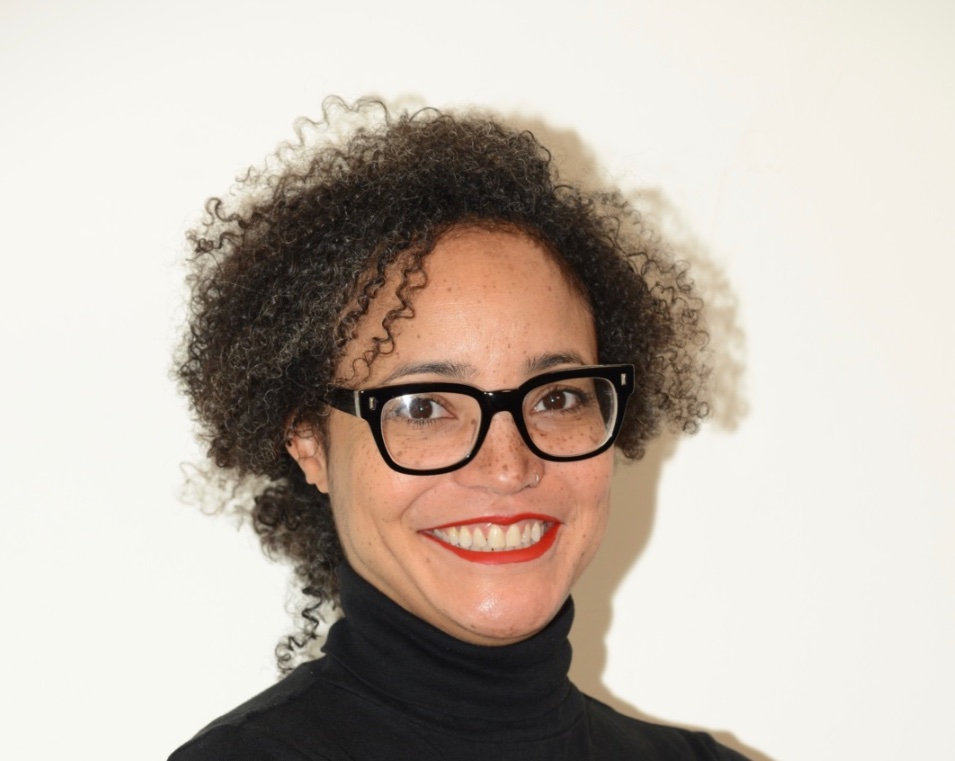
Ginssiyo Apara is an artist, and theorist working with various media, ranging from sound, sculpture, painting, poetry, and writing. A common theme that runs throughout his work centers around manipulating found plastic materials, synthesizing them with classic fine art materials. Recently, he has begun exploring the use of “playful” materials such as puffy paint, sequins, vintage stickers of nostalgic cartoon imagery, repurposing and arranging discarded items. He is interested in deconstructing the definitions and distinctions made between “art” and “trash”. In deconstructing these two categories his work aims to construct an allegory of the trials and tribulations of the black community in America. Example: the analogy of the simultaneous “trash”-like treatment of the black demographic yet overconsumption of the culture. Through this, he conceptualizes this notion of a “recycling” of black culture and existence. The recent ban of plastic bags is the ban on the black existence, yet in reality blackness will exist long after. Blackness is the creation that can’t be recycled, that never decomposes.





